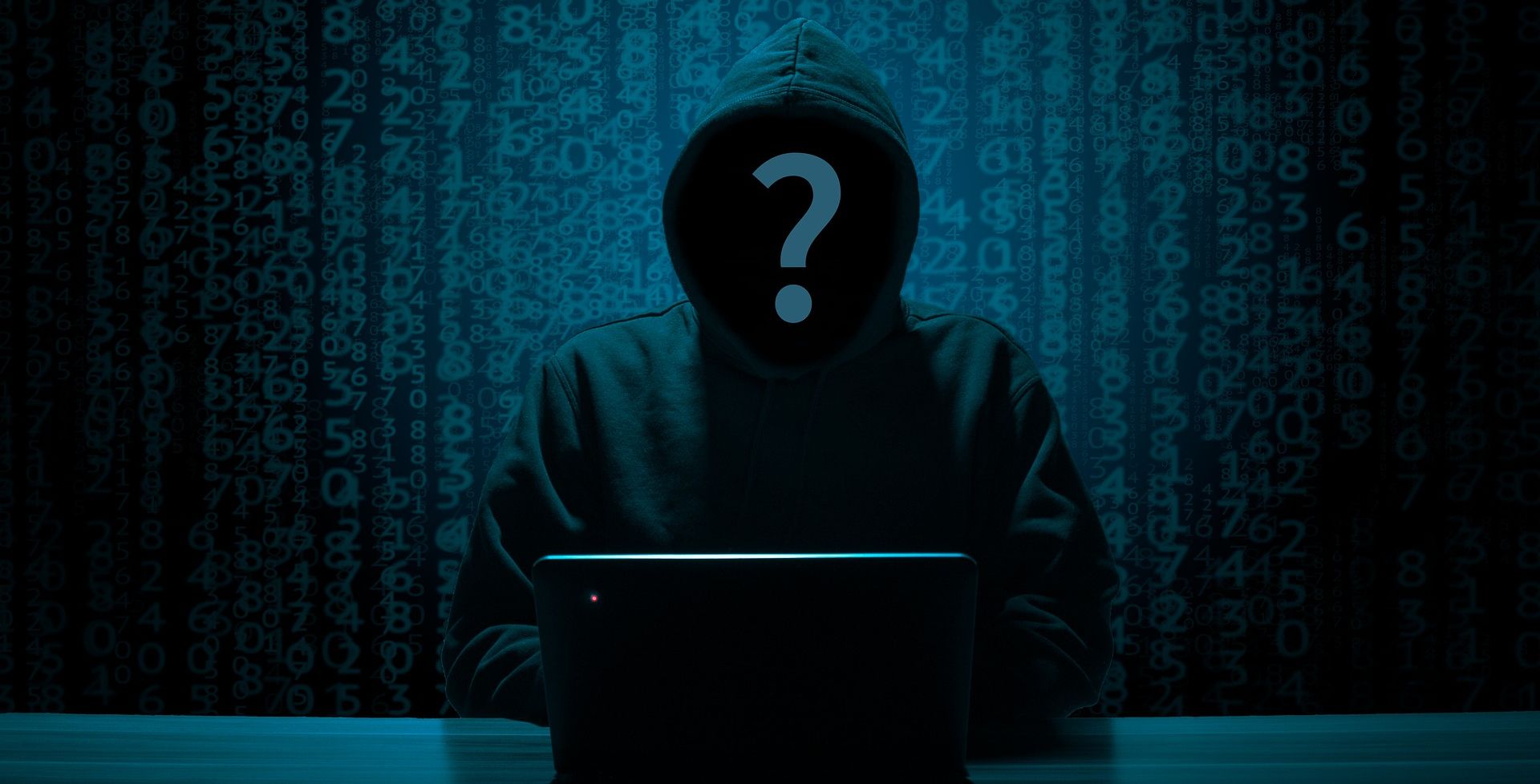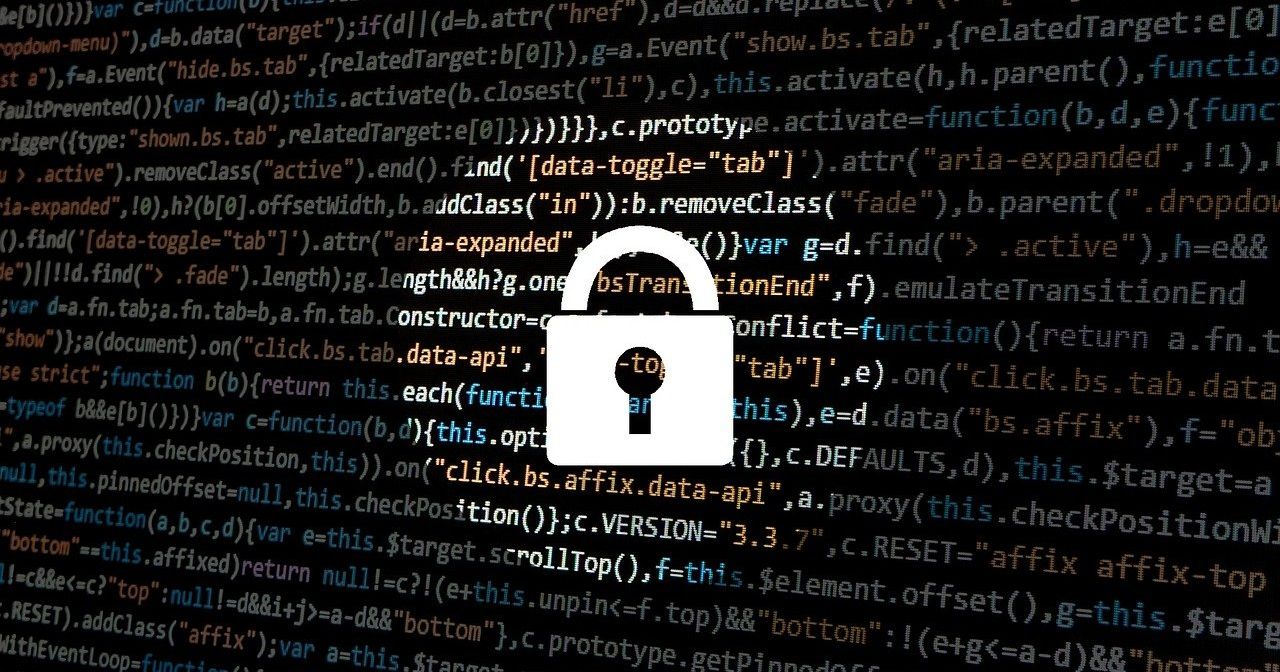You've probably heard about people being swindled out of money after an online attacker accesses their payment details, login info, and other sensitive data. This happens incredibly frequently and can cause huge problems in terms of privacy and finances.
But, can a cybercriminal do anything with your home address? Let's find that out below.
How Do Cybercriminals Obtain Your Home Address?
What's important to remember is that your home address is a matter of public record, meaning anyone can get their hands on it. Home addresses can also be accessed via hacks. For example, let's say your favorite shopping website was hacked. Since your personal data—along with your delivery address—was logged by the website, hackers can get their hands on your home address via an illegal data breach.
However, your finances and other sensitive information can't be instantly accessed using home addresses alone, which is why they're not exactly a secretive matter like your credit card details or social security number. But there are still ways for a cybercriminal to access your personal data with your home address.
How Can Cybercriminals Use Your Home Address?
Firstly, if a cybercriminal knows your address and has some way of contacting you, be it through email, social media, telephone, or otherwise, they can scare a victim into handing over cash or divulging sensitive information by making threats. Of course, anyone would likely be worried if a malicious individual tells them that their home location is known, and more vulnerable individuals may opt to give in to the criminal's demands instead of contacting the police.
A cybercriminal could also enter your home address into a public database to see if they can find any other useful information about you that they can exploit. Additionally, hackers can use your home address to redirect your mail. This crime, known as current address fraud, involves changing your mail delivery address without your authorization to access more of your data.
Bank statements, health information, social security numbers, new payment cards, and other essential things are sent by mail every day, and a criminal can do a lot of damage with the right kind of data.
Current address fraud is also used in the process of identity theft, as it can give a cybercriminal so much information about different aspects of your life, be it your job, financial situation, or otherwise. But it's important to note that hackers cannot steal your identity using your home address alone. A variety of other information is needed to make this possible, and current address fraud helps them in this venture.
There is also a physical way that a criminal could try to scam you using your home address. If a scammer knows your address, they could begin sending you mail to get more information out of you. This could be anything from a fake competition to a phony bank letter. Though this isn't a cybercrime, it's still worth being aware of.
How Can You Keep Your Data Safe From Cybercriminals?
Since your home address is often public, it's difficult to ensure that no one gets their hands on it. But you can get your home address unpublished. You can do this in several different ways, from simply removing your address from public records to creating a virtual address.
You can also be mindful of giving away your address online. If you suspect a site is illegitimate, trust your gut and do not provide your home address or any other sensitive information. And, if you ever receive an email requesting information from you, including your address, be wary. Even if the email looks like it's from an official company, this may not be the case, and you could be on the receiving end of a phishing scam. So don't click on any provided links until you've run them through a link-checking website.
Any Kind of Data Could Be Useful to a Cybercriminal
It's shocking and concerning just how sophisticated cybercriminals are nowadays. Even seemingly useless data can sometimes be taken and combined with other information to exploit unsuspecting victims. So, be sure that you're always on guard when it comes to your personal data, as it's now all too easy to give attackers the key to your privacy and security.




